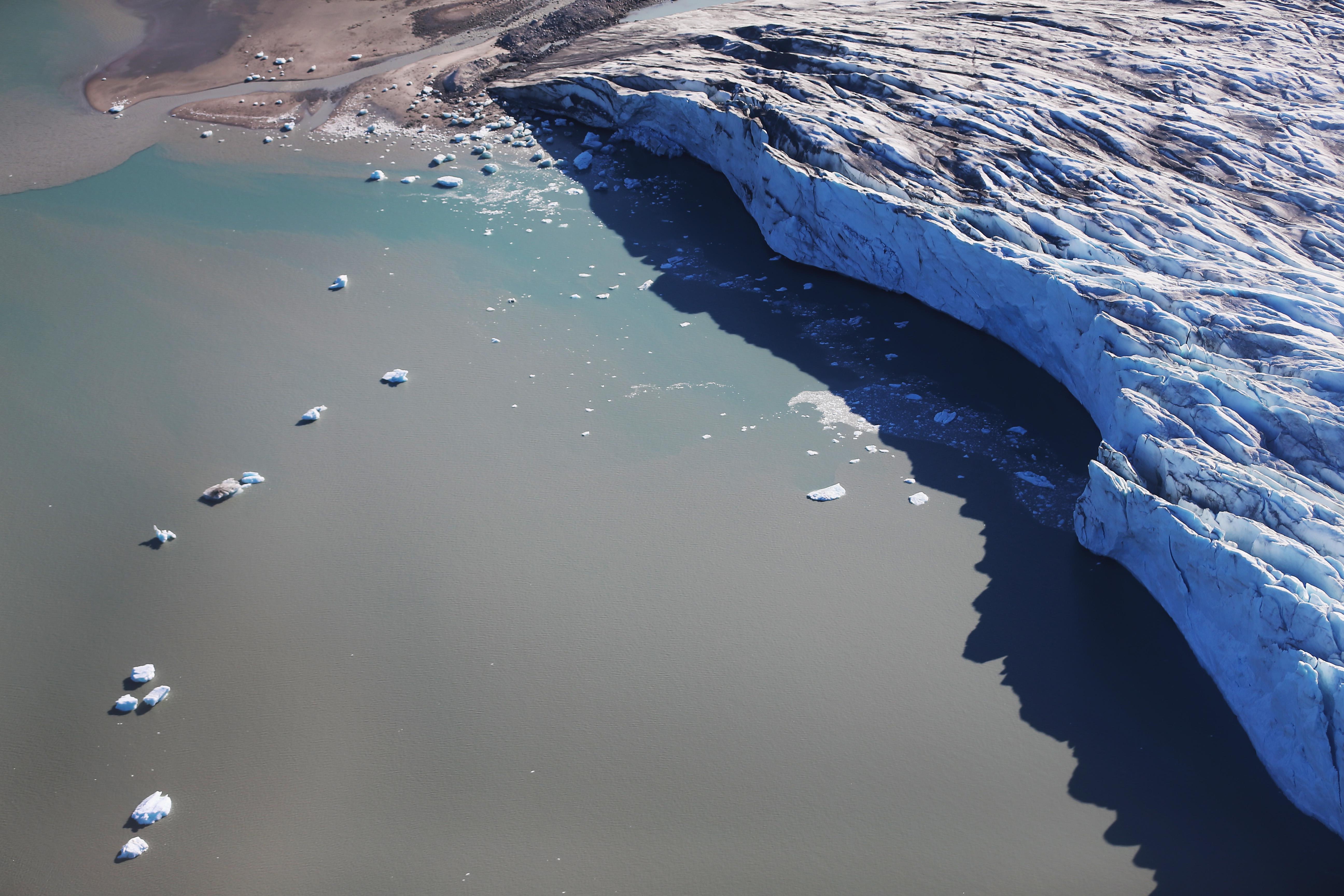Things are looking a bit tense in the Arctic this week. On Monday, Canadian Foreign Minister John Baird announced that the country will attempt to extend its territorial claim in the Arctic all the way to the North Pole. This is somewhat beyond the initial claims based on Canada’s continental shelf, reports the Toronto Star:
Baird did not dispute published reports that Prime Minister Stephen Harper stepped in at the last minute to insist that the North Pole be included in Canada’s claim after the scientific assessment put the boundary just south the pole.
The undersea Lomonosov Ridge runs from near Ellesmere Island under the magnetic pole and would be the geological basis for a Canadian territorial claim.
“The reality is the Lomonosov Ridge wasn’t fully mapped in the submissions that my department did,” Baird said. “And frankly we think it’s important when you do this extensive mapping, we wanted to get the entire Arctic map, including on the ridge.”
Continental shelf claims are one of the quirkier aspects of international law. Generally speaking, countries have the right under the U.N. Law of the Sea treaty to their continental shelf, which for legal purposes is defined as 200 miles offshore. In some circumstances, claims can be made past this point based on the angle of the continental slope or the thickness of sediment on the sea floor. Not surprisingly, this leads to some vagueness and overlapping territorial claims, particularly in a sparsely populated but resource-rich environment like the Arctic.
Russia made its own claim on the North Pole in 2007 when a submarine planted a Russian flag on the sea bed 14,000 feet below the surface. Canada’s then-Foreign Minister Peter MacKay dismissed that claim at the time, saying, “This isn’t the 15th century. You can’t go around the world and just plant flags and say ‘We’re claiming this territory.’ “
Just a day after Canada made its latest announcement, President Vladimir Putin announced that Russia will be amping up its military presence in the Arctic. According to the National Post, “Putin also said that Russia will restore a number of Arctic military air bases that fell into neglect after the 1991 collapse of the Soviet Union.”
The United States, Norway, and Denmark—which has jurisdiction over Greenland—have also staked claims to parts of the Arctic region, which thanks to global warming now has newly accessible oil and shipping lanes up for grabs. The Chinese government has suggested it wants in on the action as well.
